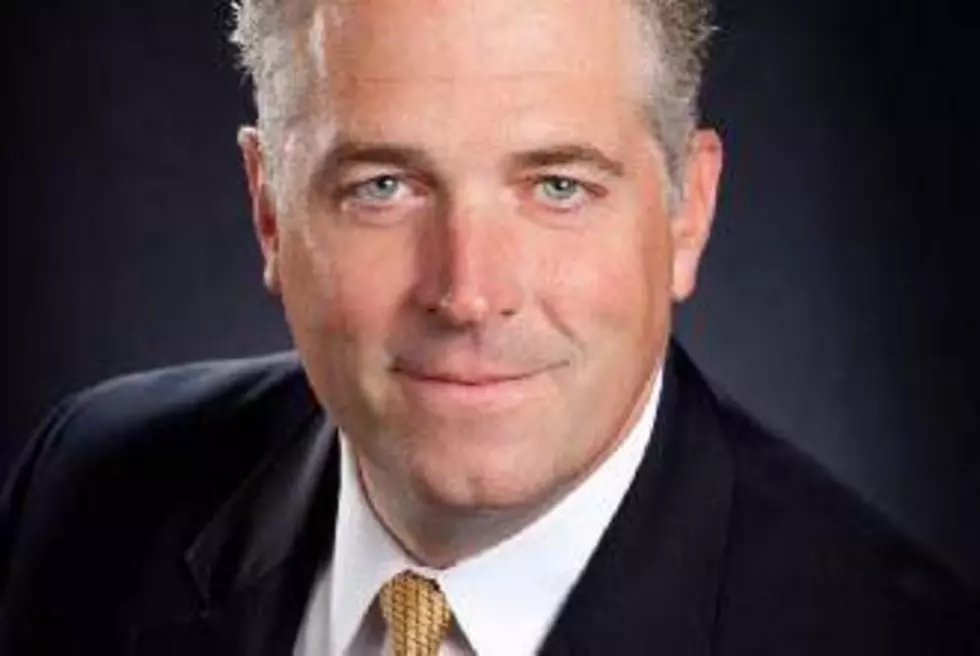
Missoula’s upstart PatientOne helps users navigate the health care system
A Missoula health-care startup has developed a software solution to simplify communication between patients and their doctors, and it now plans to hire 10 new employees this year with an eye on future growth.
Jeff Fee, one of the co-founders at PatientOne of Missoula, said the new company will begin targeting independent surgical providers this year before taking its software to large hospitals.
“We'll absolutely be moving into institutional enterprise level sales, but we're starting by getting our revenue model off with the independent surgical practices,” Fee said Tuesday. “If we hit our revenue projections, we'll be hiring an additional 38 employees our second year.”
Fee formerly served as the CEO of the Western Montana Region for Providence Health. He spent a decade running St. Patrick Hospital in Missoula, where he had ambitious plans to change the way health care was delivered in the community.
While the hospital made improvements to the quality of care, Fee said, changing the delivery of care and its hefty infrastructure proved more challenging. He still holds ambitions to achieve what he described as a positive disruption to the system.
“We're focusing on the surgical episode of care, primarily because it's got a real clean beginning and end point,” Fee said. “We'll certainly get into chronic disease management beyond that.”
Fee said PatientOne and its navigation tool achieves a number of automated goals, like bridging the line of communication between patient and doctor. It also provides education, guidance and remote patient monitoring.
The Centers for Medicare and Medicaid Services is currently reimbursing physicians for improved patient monitoring. The new PatientOne tool could save clinics money.
“Our solution helps facilitate physician offices to remotely monitor how patients are doing and get reimbursed for that activity,” Fee said. “If you appropriately prep patients for surgery and monitor them post-operatively, it ultimately improves the level of care, and reduces complications and avoidable admissions after the fact.”
Fee gained first-hand insight while at St. Pat’s into the challenges facing the current system. In some instances, surgeries were canceled because patients didn't stop using blood thinners at the prescribed time. In other cases, they ate on the way to the hospital.
PatientOne looks to end such mistakes by reminding patients of what they should and shouldn't do and when, based upon their doctor's recommendations.
On a national level, Fee said, such communication errors generate around $2 billion in malpractice claims. They also cost Medicare and Medicaid an additional $50 billion in avoidable post-operative complications.
“We're trying to improve on this problem,” he said. “We parse out key instructions to a patient pre-operative to ensure they stay on track. We send out specific messages to make sure that's exactly what they're doing.
“By parsing out these instructions, we significantly reduce callbacks to the physician’s office. We reduce non-emergent appointments to the physician, visits to the ER and hospital readmissions. We enhance the profile for risk mitigation.”
The company has already completed it seed round of funding led by Dundee Venture Capital of Omaha, and Revolution’s Rise of the Rest Seed Fund.
Other investors in PatientOne’s seed round include Next Frontier Capital of Bozeman, the Goodworks Venture fund of Missoula, and Service Provider Capital of Golden, Colorado.
“When my daughter had her tonsils taken out last summer, my wife and the nurse played phone tag for six hours for a 15-second call that was a real simple question,” Fee said. “Our app facilitates being able to ask those questions.”
PatientOne is led by local health-care executives Fee, John O'Connor of Five Valleys Urology, and Erik Guzik.
